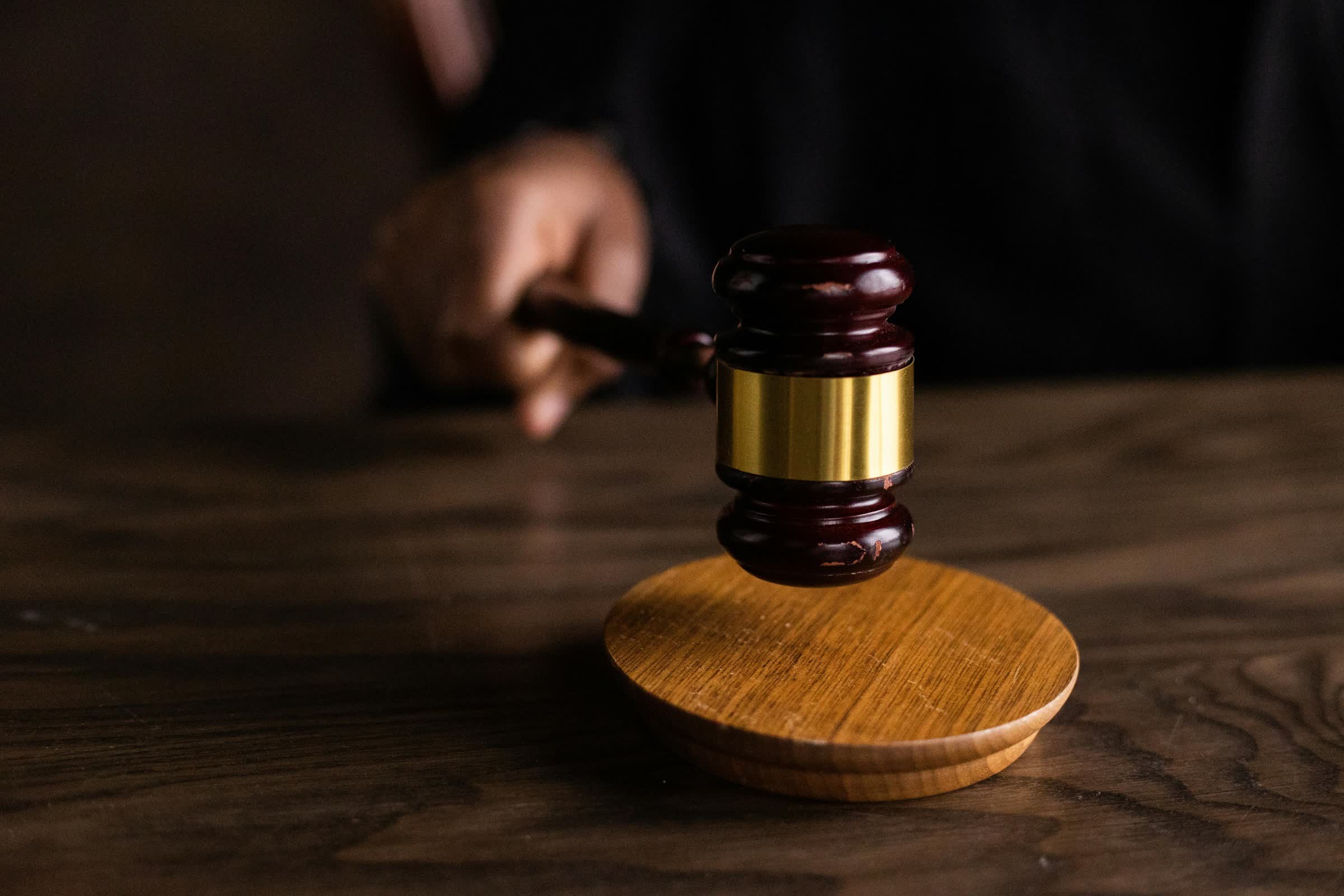The big picture: Developers brought a class action lawsuit against Microsoft, GitHub, and OpenAI in November 2022, alleging that GitHub Copilot violated copyright laws by using their code without proper attribution or adherence to open-source licenses. At the time, it was seen as a potential game changer for the generative AI industry but things have since changed. The case is not over, and it still has the potential to reshape the legal landscape around AI and code usage.

California Judge Jon Tigar has dismissed most of the claims from the class-action lawsuit filed by developers who claimed that GitHub Copilot was unlawfully copying their code. The decision marks a significant win for the generative AI industry.
The plaintiffs, who are seeking $1 billion in compensation, claim that the Copilot coding assistant was trained on open-source software hosted on GitHub and violates their intellectual property rights by providing prompts to other programmers without appropriately crediting them.
Microsoft owns GitHub and uses OpenAI to power Copilot, which can auto-complete source code for engineers based on their prompts.
Microsoft, GitHub, and OpenAI had asked the judge to throw out the lawsuit in January, but that request was denied. However, the judge has sustained most of their motions over time, reducing the number of claims left standing from 22 to two.
One claim accuses the companies of violating open-source licenses, and the other alleges breach of contract.

A key argument by the plaintiffs was tossed out in this recent go-around: that the trio's actions violated the Digital Millennium Copyright Act because they removed, without permission, crucial "copyright management" information, such as who wrote the code and the terms of use.
The judge disagreed, noting that code suggested by Copilot was not identical enough to the developers' own copyright-protected work.
The dismissal has several legal ramifications. It suggests that courts may take a narrow view of what constitutes copyright infringement under the DMCA when it comes to AI-generated code. It also indicates that plaintiffs face a high burden of proof in demonstrating that AI tools like GitHub Copilot produce "indistinguishable code" from copyrighted material.
The dismissal also undercuts arguments by content holders that the DMCA provides protection from AI training on copyrighted material. The ruling does not set a binding legal precedent but is expected to influence similar cases that revolve around the application of the DMCA to AI-powered coding.
The developers still have a shot at victory with their two remaining claims, and if they win, the decision could have significant ramifications for the tech industry.
A victory on one or both of their remaining claims would establish a precedent for how AI companies must handle open-source code in their training datasets, potentially requiring them to provide attribution or compensation when using open-source code in AI models. User agreements on code-sharing platforms could also be modified in response to address AI training concerns.
Judge dismisses most claims against Microsoft, GitHub, and OpenAI in Copilot lawsuit